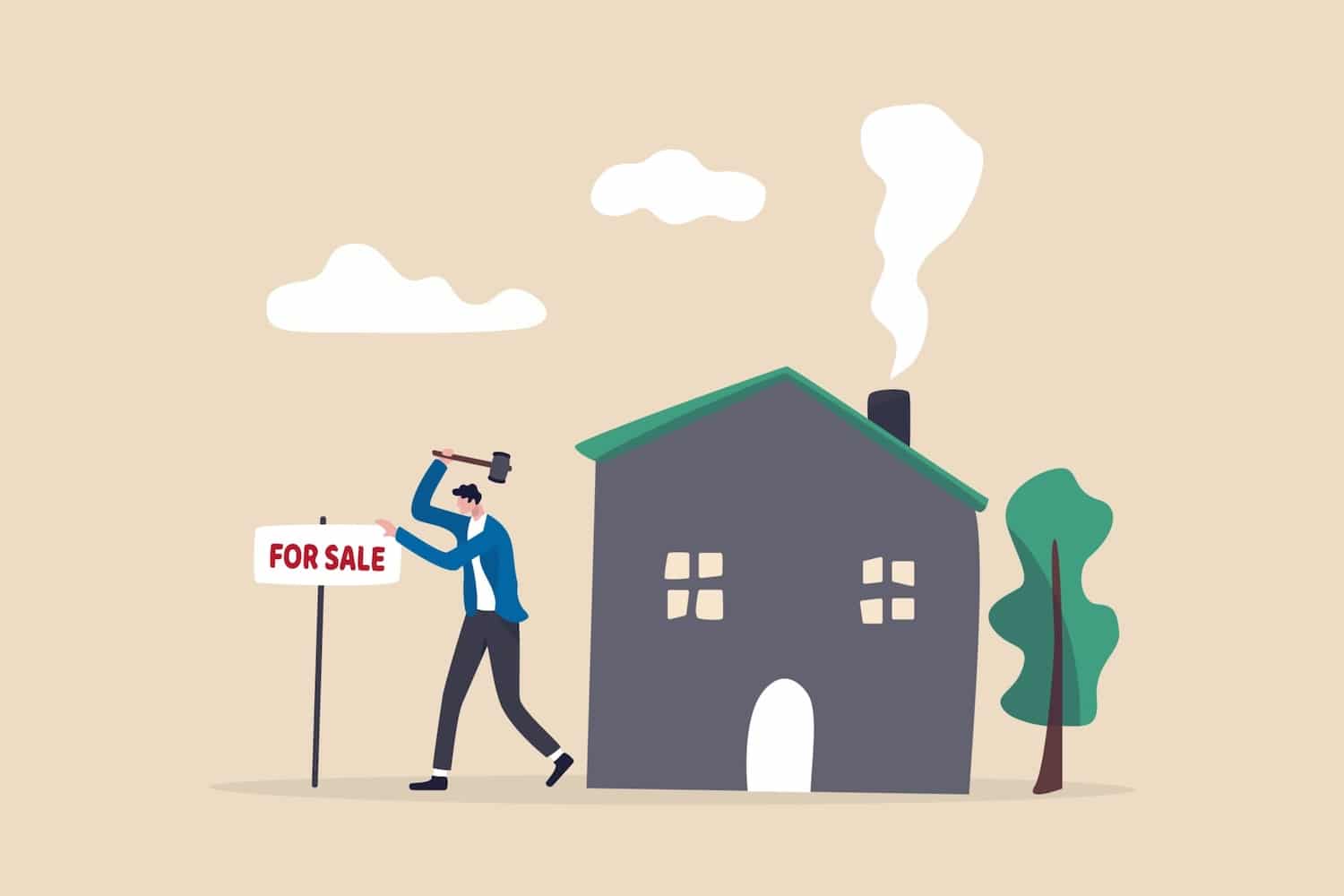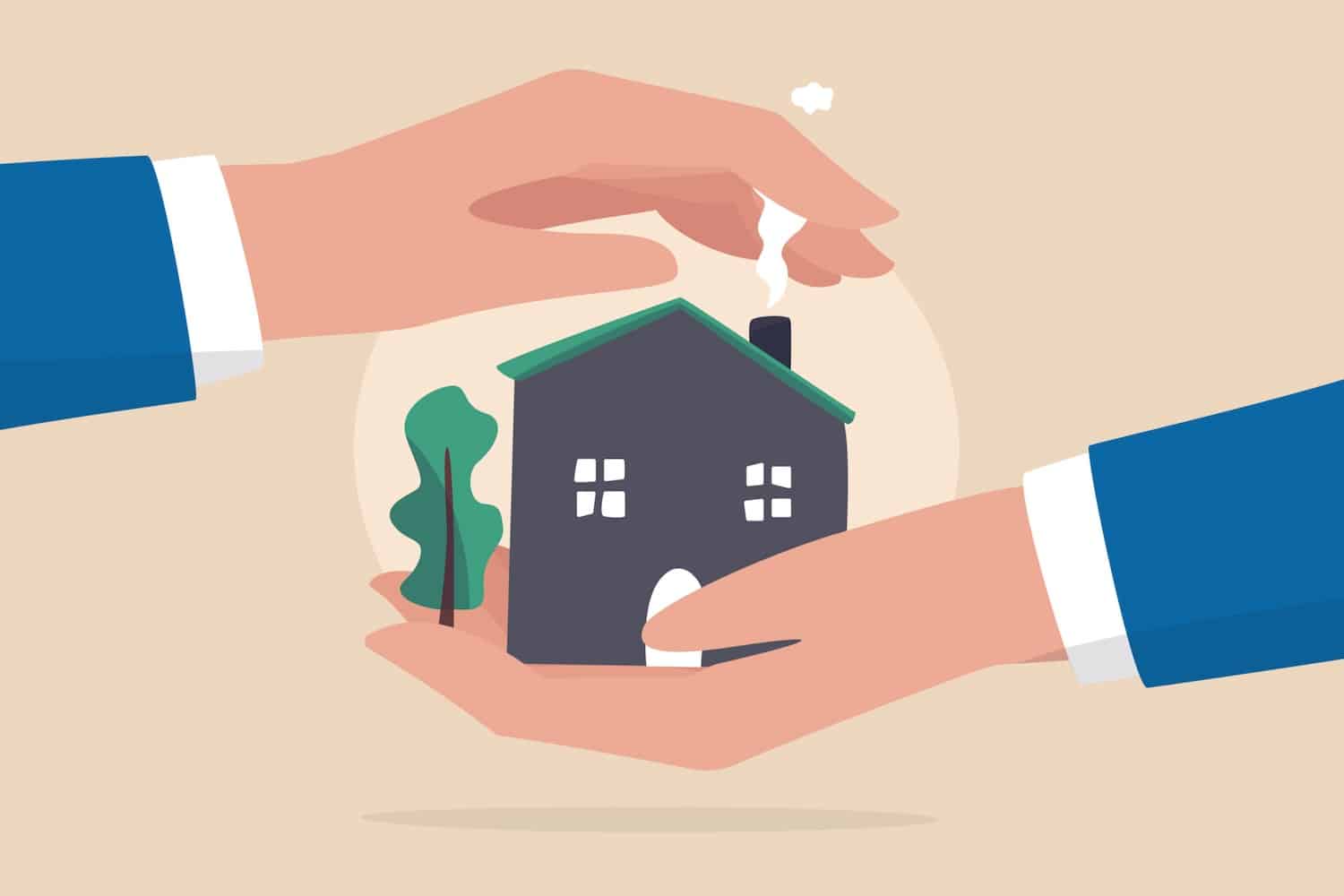You’ve decided to invest in property. But what’s the best investment strategy to take? Should you explore the social housing sector or go down the private housing route?
There are pros and cons to both. Below, we outline everything you need to know about private investment in social housing and private housing sectors so that you can make a more conscious choice.
Social Housing vs Private Housing Investments
| Aspect | Social Housing Property Investments | Private Housing Property Investments |
| Mortgage Requirements | Cash buyers only. | Many mortgage lenders require a rental cover of 145%. |
| Maintenance and Management | Maintenance and management are handled by the housing association managing the property and its tenants. | Maintenance and management responsibilities and costs sit with the property owner. Responsibilities can be outsourced to an estate agent or management company for an additional fee. |
| Social Impact | Providing affordable housing to low-income and/or vulnerable tenants. High social impact. | Rewarding to provide a good home and build a relationship with a tenant, but low social impact. |
| Lease Agreements | FRI lease agreements. | Restrictions on rent and sale. |
| Profit | An excellent way to preserve money for the long term. | Gain a short-term profit as long as rent charges cover your mortgage. Rental yield varies depending on the area, with a good yield of around 5%. |
| Valuation | Commercial valuation is based upon its ability to provide a base for profit-making businesses. | Residential valuation looks at the composition, location and socioeconomic factors that make a home desirable. |
| Market Demand | Demand for social housing in the UK significantly outweighs the supply of affordable homes. | Demand from tenants far outweighs the supply of rental homes. |
| Legal Fees and Taxes | Legal fees and taxes can quickly add up. | Tax relief on mortgage interest is capped at a basic rate of 20% for all landlords. Insurance Premium Tax (IPT) must be paid on general insurance policies, and Capital Gains Tax (CGT) may have to be paid if the property is sold. |
There are various pros and cons to consider when investing in social housing and private housing, and investors will consider their return on investment with their rental yields, as well as the costs and fees when purchasing a property. Understanding these differences is important for investors to make choices that align with their financial goals and values.
Private Housing Investments
Purchasing a private property to rent to tenants is more complex than investing in a social housing scheme.
It requires knowledge of leasing, mortgage loans, tenant and landlord relationships, and property management. Buying property can be lucrative but, just like any investment, comes with benefits and challenges.
Private Housing Rental Yields
A rental property can boost your monthly income if it covers your mortgage payments. The average buy-to-let property generates £1,000 in rent per month currently.
However, like with all investments, some risks need to be considered. Being a landlord comes with responsibilities, including finding a suitable tenant for the property.
When working out a rental yield for your private investment, divide your annual rental income by the property value and multiply it by 100. For example, if a property is worth £200,000 when purchased and you plan to charge £1,000 per month in rent, which works out to £12,000 per year, that would give you a yield of 6%. A good rental yield is generally benchmarked at around 5%.
Your rental yield will be affected if maintenance is needed on the property or if the property is vacant for a time. You must also factor in the various other payments required throughout the years. Your tax may also be affected, as the rental income could push you into a higher tax bracket.
Purchasing a Private Property
To purchase a private property, a mortgage is usually required. A buy-to-let mortgage is the usual avenue unless you have the private capital to proceed with the purchase without using a mortgage. The idea behind this is to generate rental income and, over time, see an increase in the property’s value.
You need to keep the costs associated with purchasing a private buy-to-let property at the forefront of your mind. For example, there will be various surveys, legal costs and other fees to pay. Below, we outline these and the costs that come with them.
| Fees to Pay | Approximate Costs |
| Lender’s property valuation survey | £250-£600 |
| Solicitor fees/ legal costs | £500-£1000 |
| Deposit | £30,000 or more – a 25% deposit of the purchase price is required on a buy-to-let mortgage |
| Mortgage arrangement fees | £0-£995 |
| Additional dwelling supplement | £4,800 |
Once the property is purchased, you must consider the further costs associated with becoming a private landlord. Does the property need refurbishment, and if so, how much is needed? Depending on how much work is required, a property refurbishment can cost thousands. Long delays can also affect how soon it can be tenanted and, in turn, affect how soon you start making an income from your investment.
You will then need to investigate other items that need to be ticked off the list of things that are required, such as:
| Fees Needed | Approximate Costs | Duration |
| Letting agent fees | £720-£1080 | Per year |
| Buildings and contents insurance | £150-£200 | Per year |
| Council tax | £100-£300 (dependent on band) | Per month |
| Mortgage interest | £149-£179 | Per month |
| Utility bills (if you pay them on behalf of the tenant/included in their rental agreement) | £200-£400 | Per month |
| Rental insurance | £200 | Per year |
| General Building Maintenance | 5-20% of rental income | Per year |
When renting a private property to tenants, an investor needs to consider the legal responsibilities involved as a landlord. The main things that will need to be considered are:
| Fees Needed | Approximate Costs |
| Smoke alarms and heat detectors | £150 |
| Electrical Installation Condition Report (EICR) | £300-£1000 (certificate is £150 plus any compliance works) |
| Landlord’s gas safety certificate | £60-£100 |
| Portable Appliance Testing (PAT) Safety | £60 |
| Legionella risk assessment | £60 |
Social Housing Property Investments
Investing in social housing is becoming more and more popular due to its many benefits. It’s stable, low risk, and has a secure inflation-linked income and capital appreciation. Plus, there’s the bonus of doing some good with your money.
Social housing is a term used to describe a variety of accommodation provisions for those who need it. These include low-income homes, housing for those with learning, physical or other disabilities, housing for people experiencing homelessness, those escaping domestic abuse, asylum seekers or any other group requiring safe and secure accommodation.
Investment in the social housing sector has been steadily growing for several years and is one of the areas highlighted for future growth, which brings security to your investment.
The need to plug the gap between demand and supply of social housing is vast, which means the investing trend within social housing is on the rise. It offers unique qualities for property investors, and affordable rent can be backed by central or local authorities and government schemes within the UK. The housing association usually covers voids in rent.
Another positive to ethical property investment is that the contracts are not with the property’s occupants but with an organisation such as a care provider. The agreements come with more qualities than a private investment contract would, and these qualities typically include repair and maintenance clauses and long lease terms.
Social Housing Rental Yields
Investing in the social housing sector offers investors the opportunity to make a real difference with their money and earn high rental yields (8-10%) and a stable income. Unlike typical property investment ventures, social housing involves long-term lease contracts with registered housing providers, offering a hands-free investment opportunity without maintenance or management costs eating into your profits. That means social housing returns high yields, with a minimum of 8% NET, delivering stability through long-term contracts funded by various government sectors.
Investing in social housing can provide a stable incomeless as it is less affected by market changes due to constant demand. These properties often have rents linked to inflation. For 2023, the UK government has capped social housing rent increases at 7%. This stability attracts investors, especially during economic downturns.
Risks in social housing include government policy changes and economic factors. Unlike typical property investment ventures, social housing involves long-term lease contracts with registered housing providers, offering a hands-free investment opportunity without maintenance or management costs eating into your profits. That means social housing returns high yields, with a minimum of 8%, delivering stability and resilience through long-term contracts funded by various government sectors.
Purchasing a Social Housing Property
Investing in UK social housing typically involves lower fees. This is because management companies often run these properties, reducing the direct costs for investors.
Choosing the best social housing investments for affordable homes involves a multi-step process. First, understanding the housing market and aligning with local authorities will help an investor understand compliance with regulations, which ensures legality and efficiency. Selecting the right location and property type can also significantly impact investment success, so engaging with the community fosters positive relationships and enhances the social impact of the investment. Lastly, staying adaptable to changing policies and measuring the social impact is important for long-term sustainability and success in this sector.
You can learn more about how to invest in social housing, including associated costs, in our 11-step roadmap.
Social Housing Investment Growth
Social housing in the UK offers a much more stable investment opportunity than other routes that can be taken, such as private housing investments. The trend has been on the rise for many years and continues to increase steadily. In 2011, the social impact investment market was worth £830 million, and at the end of 2022, the market value reached a staggering £9.2 billion.
The demand for affordable housing increased, and the sector continued to grow in 2022 despite the rising interest rates, the cost-of-living crisis and turmoil in broader financial markets where both private and alternative investments had seen falls.
The above statistics prove that the appetite for social housing investments is ravenous. The three fundamental driving forces behind this are:
- The opportunity to have a diverse investment portfolio that provides a resilient return
- A strong long-term demand
- These investment areas, funded by the UK Government, make them more resilient against macroeconomic forces such as interest rates.
Investing in the social housing sector gives you a hands-free investment experience where everything is taken care of for you, from social tenants to policies and insurance. This frees up your time and offers a stress-free income with a low risk.
Private Investment in Social Housing with Yield Investing
Navigating investing in the UK property market has its challenges; it can be pretty complex. However, it can also be gratifying and, most importantly, profitable. Social housing investments in the UK housing market are the option with the least risk but the most reward. It takes all the stresses out of being a private landlord and offers a guaranteed yield, which private property investment can’t always provide.
At Yield Investing, we ensure we align with local needs; we understand and abide by regulatory frameworks and take the time to foster collaborative relationships. Our investors can contribute meaningfully to addressing the UK’s housing challenges while achieving sustainable, high financial returns, with none of the stresses involved when owning a private property.
Are you ready to start this socially impactful investment journey? Connect with our team at Yield Investing today, and together, let’s shape a brighter future.


